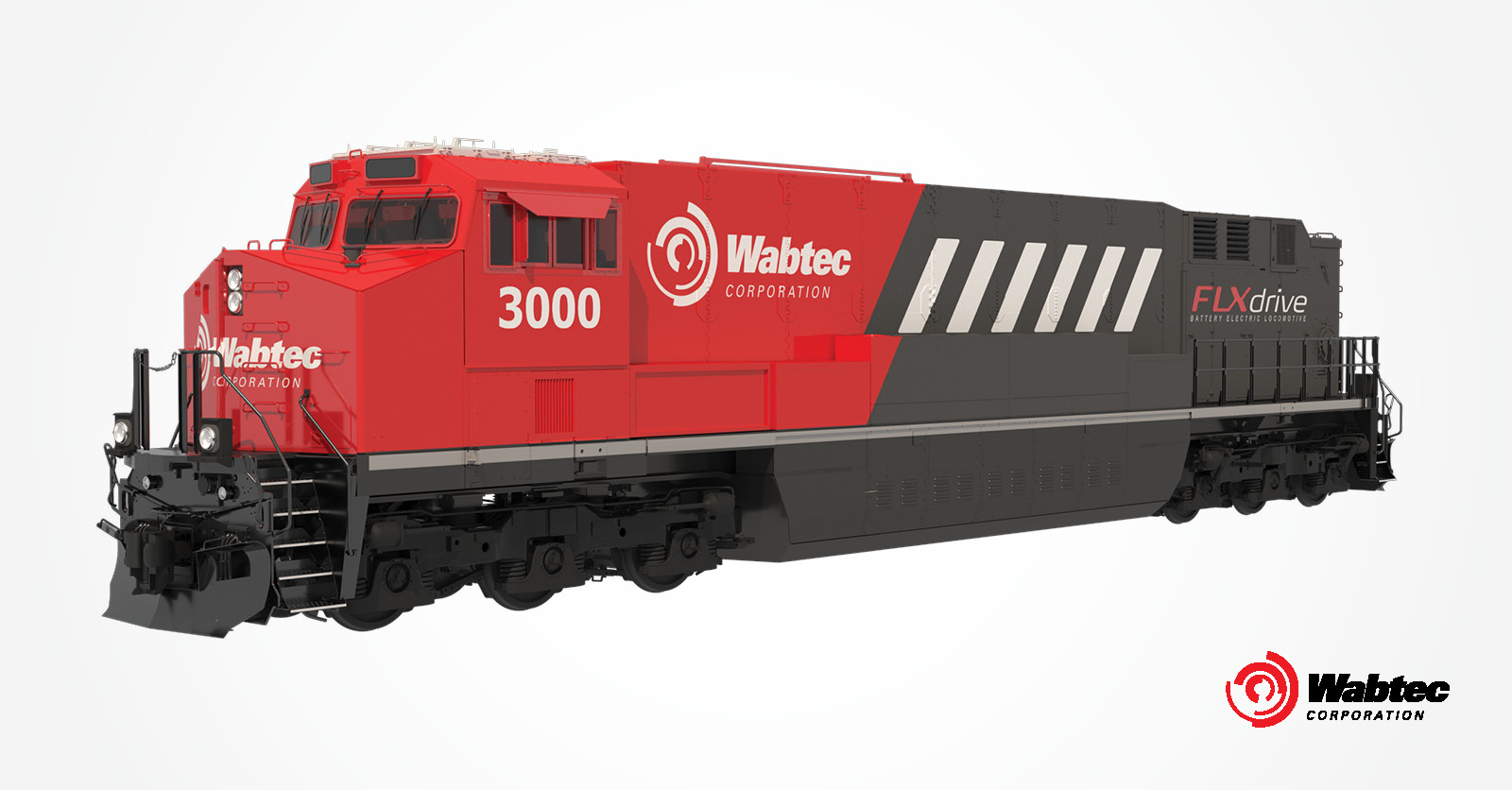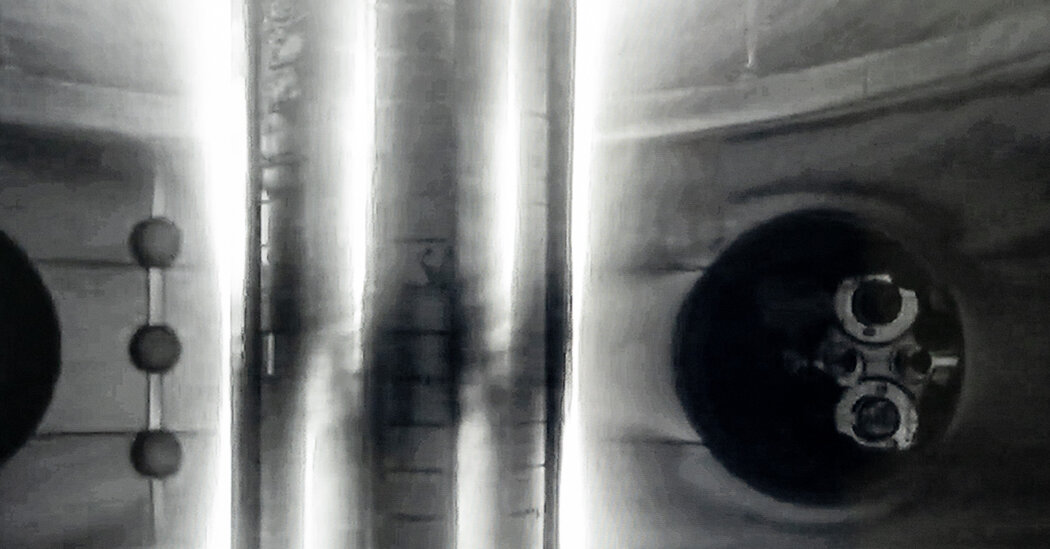We’re looking at it. Makes a lot of sense.
The big challenge is out west. But even in the East, there used to be quite a bit of freight moved that way, but now only passenger is electric. Diesel was just so cheap and easy, and who cared about carbon?
An in-between idea is to have sections of track with the catenaries (overhead wires) to charge the batteries, or to help in sections requiring “full grunt”.
One interesting thing is essentially they are all electric right now. The diesels turn generators that turn motors on the wheels. They brake by running the motors as generators, and heating up a big bank of resistors. Where the batteries rock is in capturing that braking energy instead of creating waste heat.
Wabtec is leading the transition to low-carbon rail operations with FLXdrive — the world’s first 100% battery-electric, heavy-haul locomotive.

www.wabteccorp.com

www.wabteccorp.com

 This is America, shipmate. What else were you expecting?
This is America, shipmate. What else were you expecting?